
Nikk Ogasa is a staff writer who focuses on the physical sciences for Science News, based in Tucson, Arizona. He has a master's degree in geology from McGill University, where he studied how ancient earthquakes helped form large gold deposits. He earned another master's degree in science communication from the University of California, Santa Cruz. His stories have been published in Science, Scientific American, Mongabay and the Mercury News, and he was the summer 2021 science writing intern at Science News.

Trustworthy journalism comes at a price.
Scientists and journalists share a core belief in questioning, observing and verifying to reach the truth. Science News reports on crucial research and discovery across science disciplines. We need your financial support to make it happen – every contribution makes a difference.
All Stories by Nikk Ogasa
-
 Climate
ClimateFrom electric cars to wildfires, how Trump may affect climate actions
Trump’s first term, campaign pledges and nominees point to how efforts to address climate change and environmental issues may fare.
-
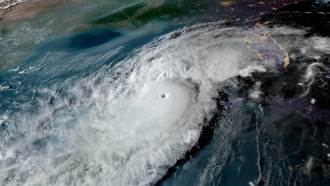 Climate
ClimateClimate change has amped up hurricane wind speeds by 29 kph on average
Every single Atlantic hurricane in 2024 had wind speeds supercharged by warming seas. One even jumped two categories of intensity.
-
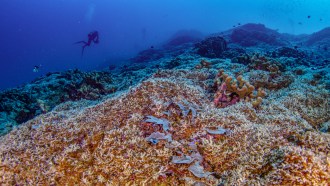 Oceans
OceansThe world’s largest coral was discovered in the South Pacific
The behemoth coral, discovered in October in the Solomon Islands, is longer than a blue whale and older than the United States.
-
 Environment
EnvironmentFire-prone neighborhoods on the fringes of nature are rapidly expanding
The transition zone where unoccupied wildlands meet developed areas increased globally by about 35 percent from 2000 to 2020.
-
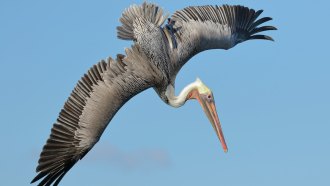 Tech
TechFeather-inspired airplane flaps could boost flight performance
Rows of flaps inspired by bird wing feathers improve airfoil performance by boosting lift, reducing drag and mitigating stall.
-
 Math
MathTwo teenagers have once again proved an ancient math rule
Ne’Kiya Jackson and Calcea Johnson have published 10 trigonometric proofs of the Pythagorean theorem, a feat thought impossible for 2,000 years.
-
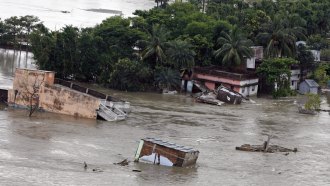 Earth
EarthWhat leads rivers to suddenly change course?
An analysis of satellite data could help predict where rivers will change their course and where their rerouted flows will go.
-
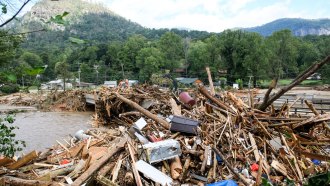 Climate
ClimateWhy Hurricane Helene was so devastating
The tempest caused record-breaking storm surge on the coast and widespread and deadly flooding and debris flows in the Appalachian Mountains.
-
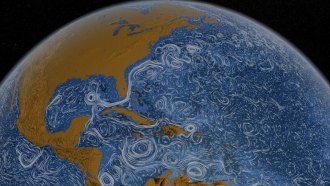 Oceans
OceansA vital ocean current is stable, for now
The Florida Current, a major contributor to a system of ocean currents that regulate Earth’s climate, has not weakened as much as previously reported.
-
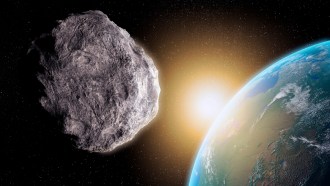 Physics
PhysicsX-rays from nuclear blasts could defend Earth from asteroids
The X-ray pulses could deflect asteroids up to 4 kilometers wide, a new study suggests.
-
 Environment
EnvironmentA biogeochemist is tracking the movements of toxic mercury pollution
Exposing the hidden movements of mercury through the environment can help reduce human exposure.
-
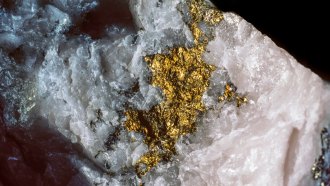 Earth
EarthHow earthquakes build beefy gold nuggets
The strain imparted by an earthquake can generate voltages in quartz veins that stimulate the mineralization of gold.